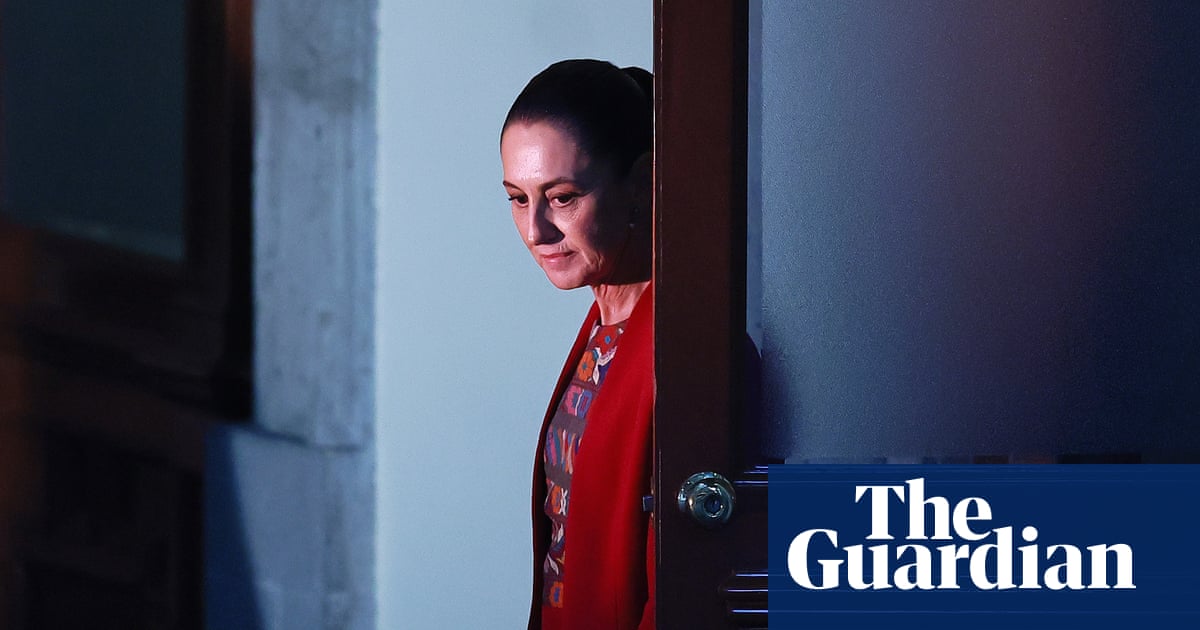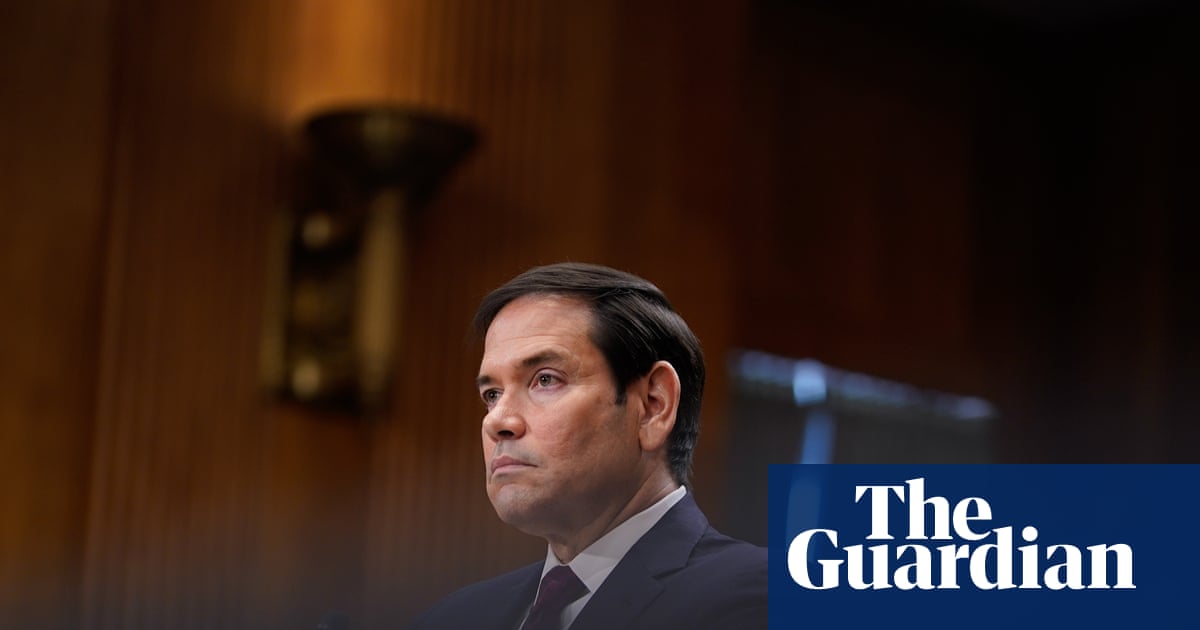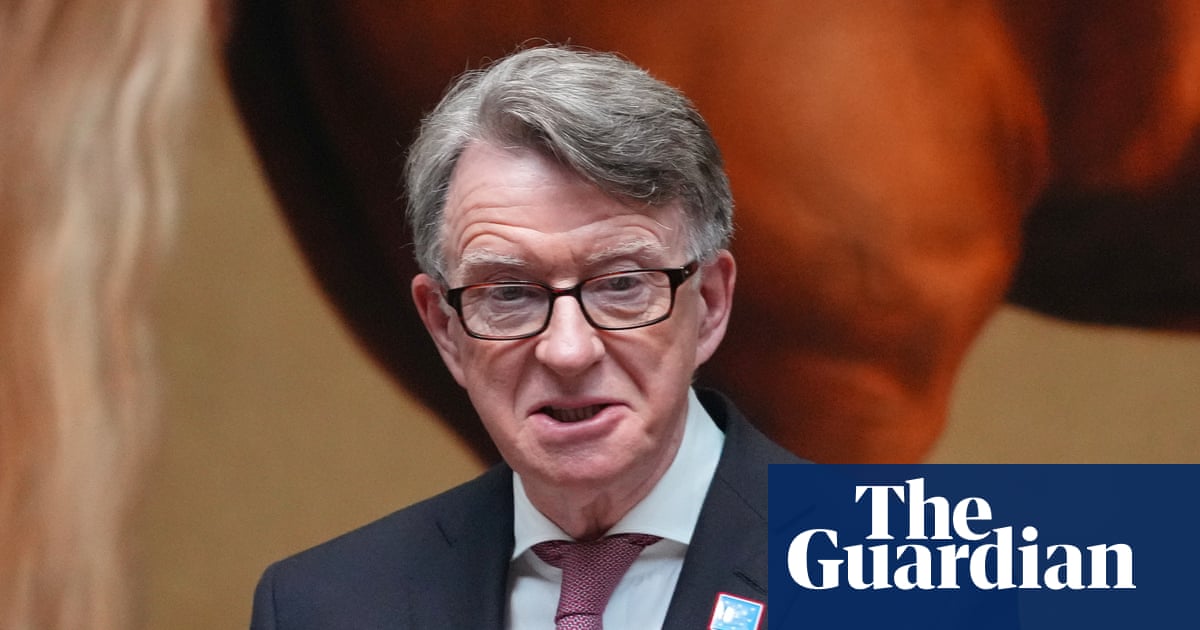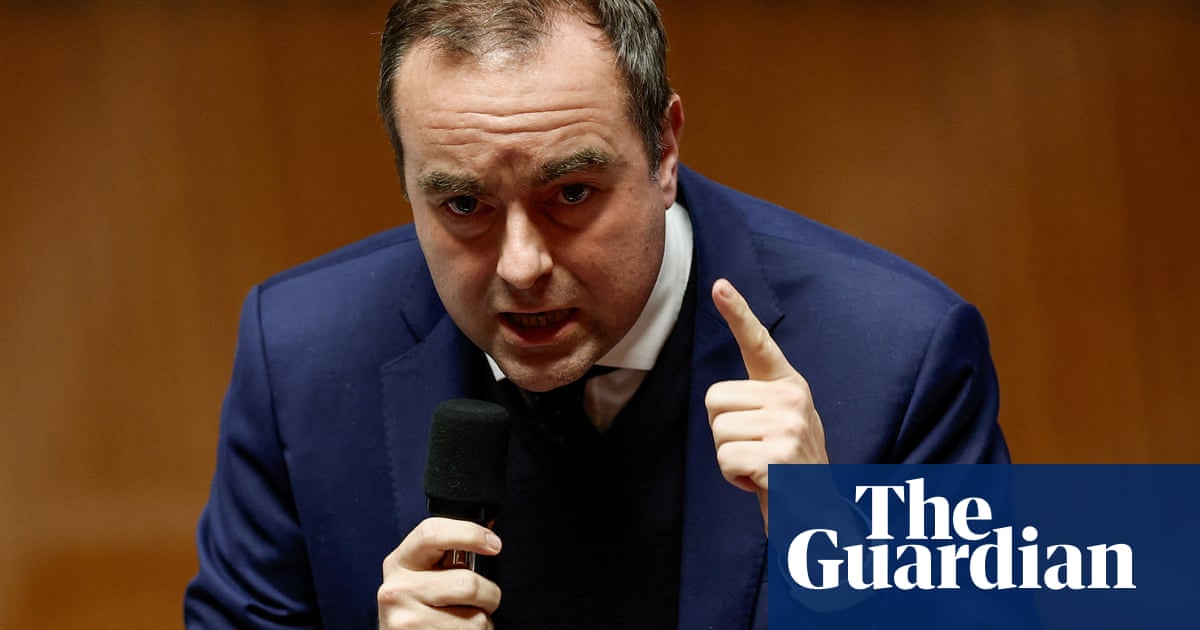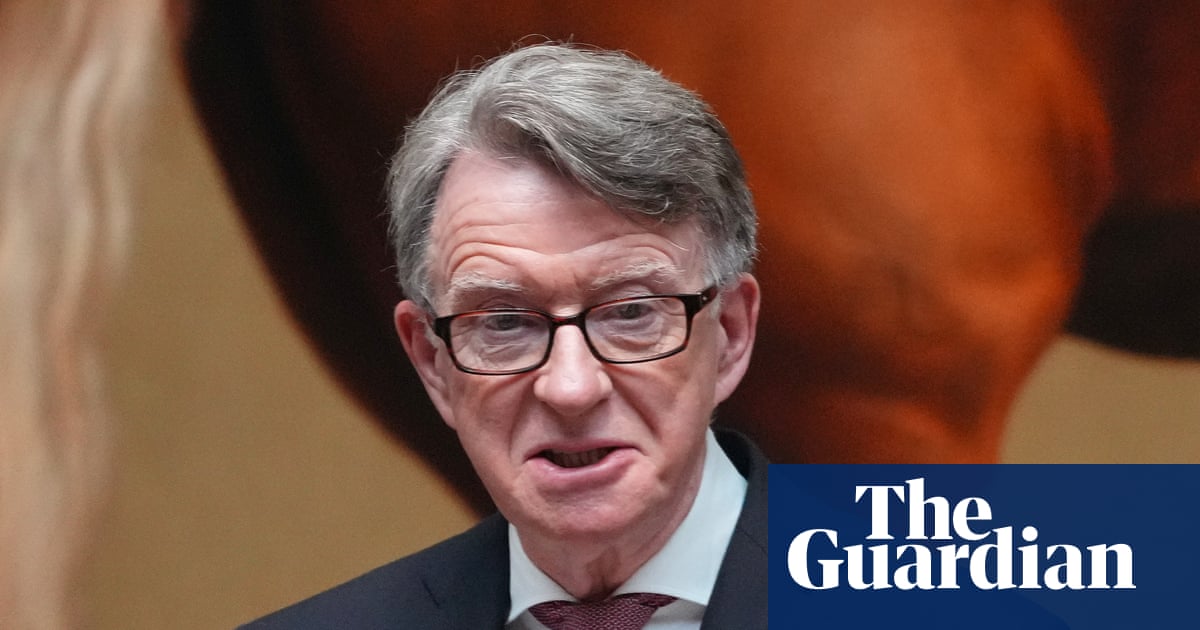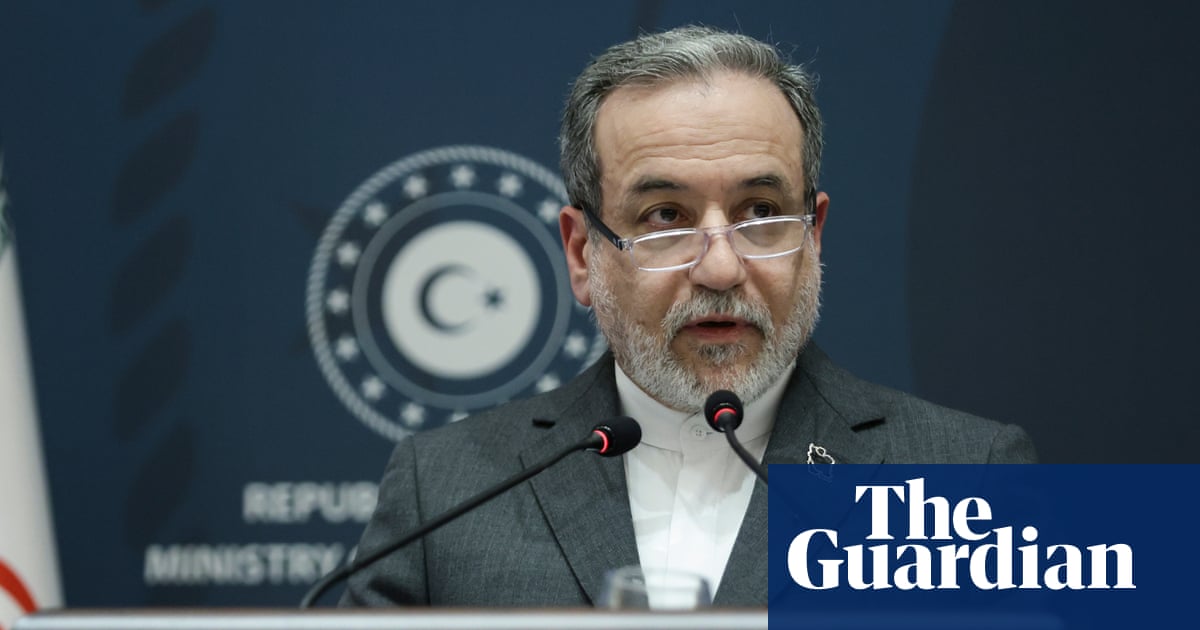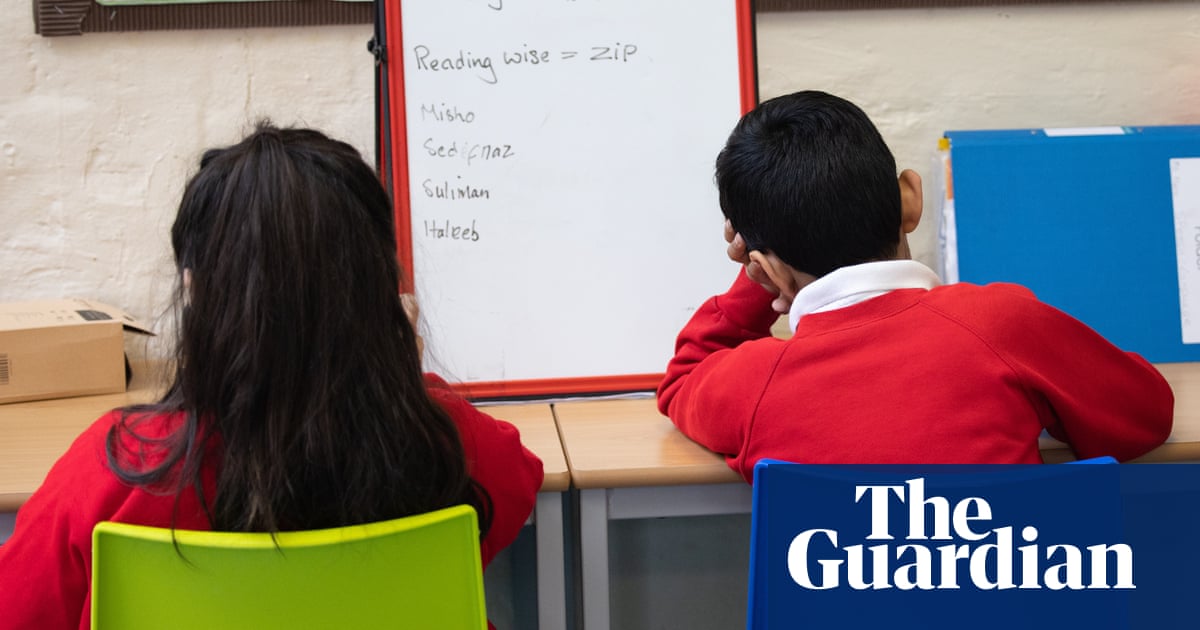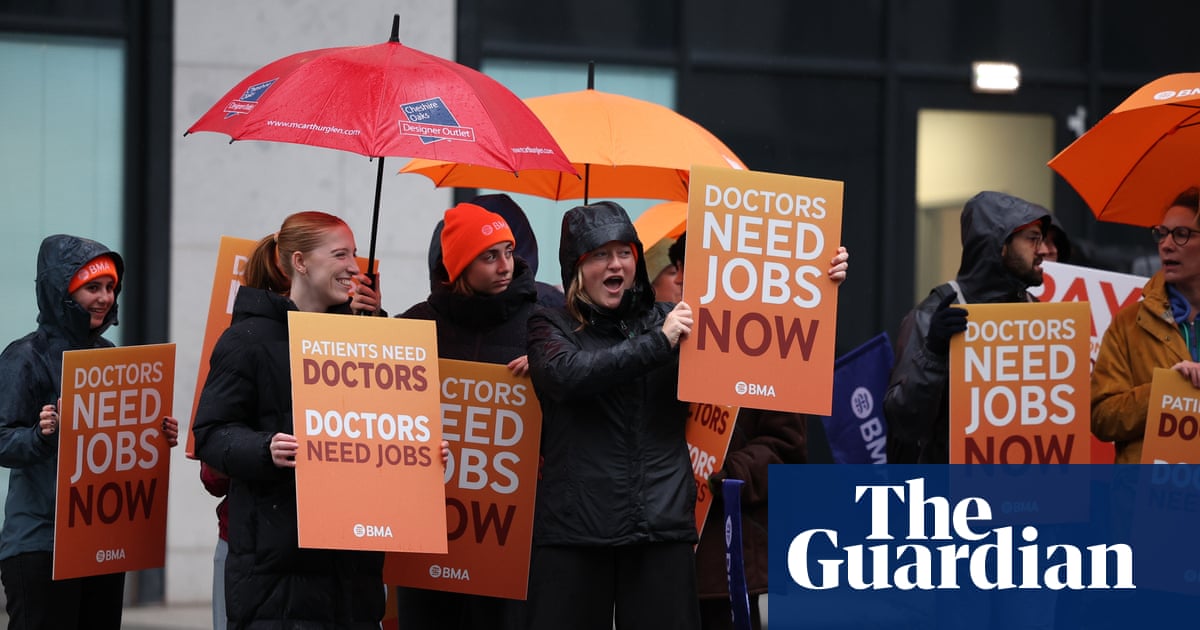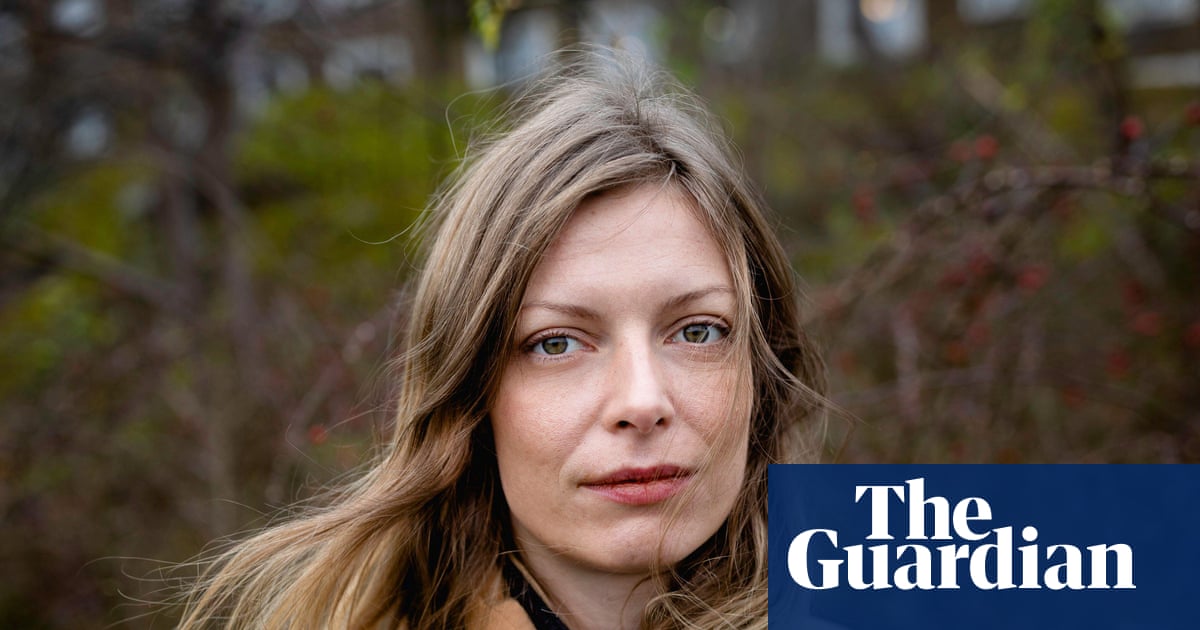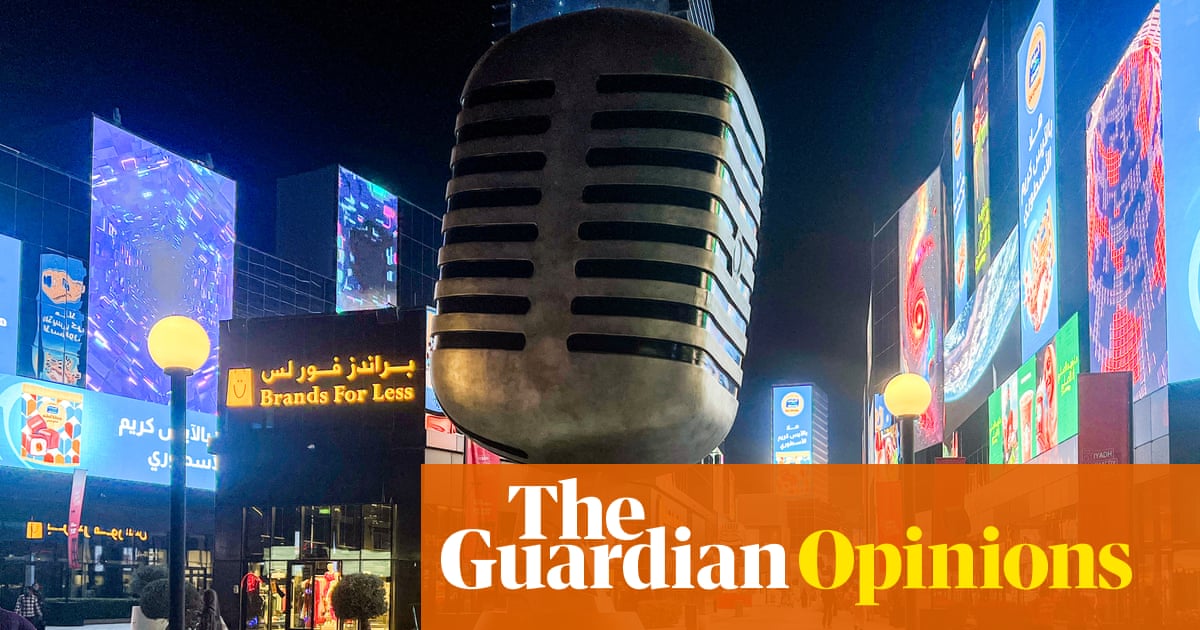The UK is undermining its legacy in fighting infectious diseases including Aids and malaria by cutting money pledged to a leading global health fund, campaigners claim.
The 15% reduction in the contribution to the Global Fund for Aids, Tuberculosis and Malaria announced this week – in a year when the UK, alongside South Africa, is co-host of the fund’s replenishment drive – risks encouraging other countries to cut back commitments as well, advocates fear.
The government announced a £850m commitment to the fund on Tuesday, down from £1bn in the last round.
Campaigners called on the British prime minister, Keir Starmer, to show leadership and attend the replenishment summit in Johannesburg later in November – and to find extra money.
The smaller pledge is part of the UK government’s reduction in aid spending from 0.5% of GDP to 0.3% to increase funding for defence.
The British development minister Jenny Chapman said this year’s funding was “in dollar terms […] only 5% less than the amount” pledged for 2023-25 and would “save up to 1.3 million lives, avert up to 22m new cases or infections of HIV, TB and malaria, and generate up to £13bn in health gains and economic returns in the countries where the Global Fund works”.
But campaigners said the cut would hit hard. Prof Kenneth Ngure, president-elect of the International Aids Society, said: “The Global Fund saves lives every day through its work on HIV, tuberculosis and malaria and is estimated to have saved deaths from these three diseases by half since 2002.
“While the final outcome of the replenishment is still to be determined, any reduction in support will have consequences – forcing African countries to make impossible choices as they strive to protect the most vulnerable.”
Ngure, based in Kenya, said he was also concerned that funding cuts could compromise the rollout of new drugs widely considered to be potential gamechangers in preventing HIV.
Joy Phumaphi, executive secretary of the African Leaders Malaria Alliance, said the UK’s continued commitment was welcome, but that the drop would “have real consequences across Africa; fewer bed nets, medicines and diagnostics reaching those most in need”.
Research published in October suggested a 20% cut to the overall Global Fund would result in 330,000 additional deaths by 2040 from malaria alone. The fund provides 59% of international financing for malaria.
Phumaphi added: “As co-hosts of this replenishment, the UK has a chance to reaffirm its global leadership by investing in stronger, more resilient health systems that benefit millions.”
John Plastow, executive director at Frontline Aids, a global partnership, said: “We expected a stronger show of leadership, reflecting a proud UK legacy of support to the global goal of ending Aids.
“There is a danger that this drop in its pledge will lead to reductions in other donor commitments, with real risks for people’s lives and for the global response to HIV.”
He added: “We urge the UK to make an explicit commitment to increase its Global Fund pledge later in the course of this three-year replenishment, when it is able to source additional funding.”
Adrian Lovett, UK executive director of the One campaign, suggested the money could come from £74m saved by reducing the cost of hotel accommodation for asylum seekers in the UK. He said: “Ministers should use those funds to top up this Global Fund pledge, helping to save more lives and increasing the chances of a successful replenishment in Johannesburg.”
Dr Andriy Klepikov, director of Ukraine’s Alliance for Public Health, said the Global Fund enabled more than half a million Ukrainians to access HIV and TB services during the war. He said: “Each of these people counts on the eighth replenishment outcomes; their lives depend on the pledge from the UK and other countries.”
However, Klepikov said he was “thankful for the UK’s generous contribution in the current challenging context”, adding: “With such a contribution, UK confirms its leadership in global health.”
-
The Gates Foundation is a major private contributor to the Global Fund. The foundation also contributes to theguardian.org, which funds independent journalism at the Guardian

 2 months ago
89
2 months ago
89



